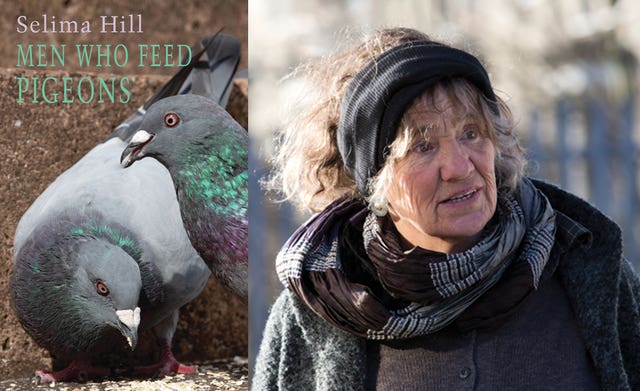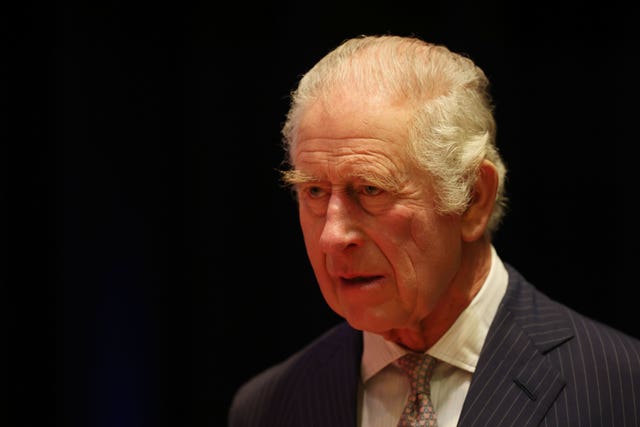Celebrated writer Selima Hill has been awarded the King’s Gold Medal for Poetry, Buckingham Palace has announced.
The King approved the award to Hill after she was recommended by the Poetry Medal Committee chaired by Poet Laureate Simon Armitage, who described her as an “inimitable talent”.
The award is the first Gold Medal for Poetry presented in the King’s name since the death of the Queen in September.

Hill published her first book of poems, Saying Hello At The Station, in 1984 and during her career has written more than a dozen collections.
Bunny, a collection of verse published in 2001 about a girl growing up in the 1950s, won the Whitbread Poetry Award.
The Poet Laureate said: “Selima Hill is an inimitable talent. The mind is fragile and unreliable in her poetry, but is also tenacious and surprising, capable of the most extraordinary responses, always fighting back with language as its survival kit.
“Life in general might be said to be her subject, the complications, contradictions and consequences of simply existing. Nevertheless, Hill’s writing is eminently readable and approachable, even fun at times, the voice of a person and a poet who will not be quieted and will not conform to expectations, especially poetic ones.”
Her poems take on subject matters as varied as mental illness to family disputes and the mainstay of many celebrated writers – love.

She is famed for juxtaposing seemingly opposing objects like in the poem Our Softness is Appalling: “Love is like a bag of warm eyeballs passed from hand to hand in the dark.”
Please Can I Have a Man is a favourite poem with many readers and imagines the ideal man “who knows the names of 100 different roses…who walks like Belmondo in A Bout de Souffle.”
The Poetry Medal Committee recommended Hill on the basis of her body of work and flourishing and strengthening creativity, with special recognition for Gloria: Selected Poems, a compilation from her first ten collections, published by Bloodaxe Books in 2008.
The Gold Medal for Poetry was established by King George V in 1933 at the suggestion of the then Poet Laureate, John Masefield, and is awarded annually for excellence in poetry.
During Queen Elizabeth’s reign, the Medal was known as the Queen’s Gold Medal for Poetry.




Comments: Our rules
We want our comments to be a lively and valuable part of our community - a place where readers can debate and engage with the most important local issues. The ability to comment on our stories is a privilege, not a right, however, and that privilege may be withdrawn if it is abused or misused.
Please report any comments that break our rules.
Read the rules here